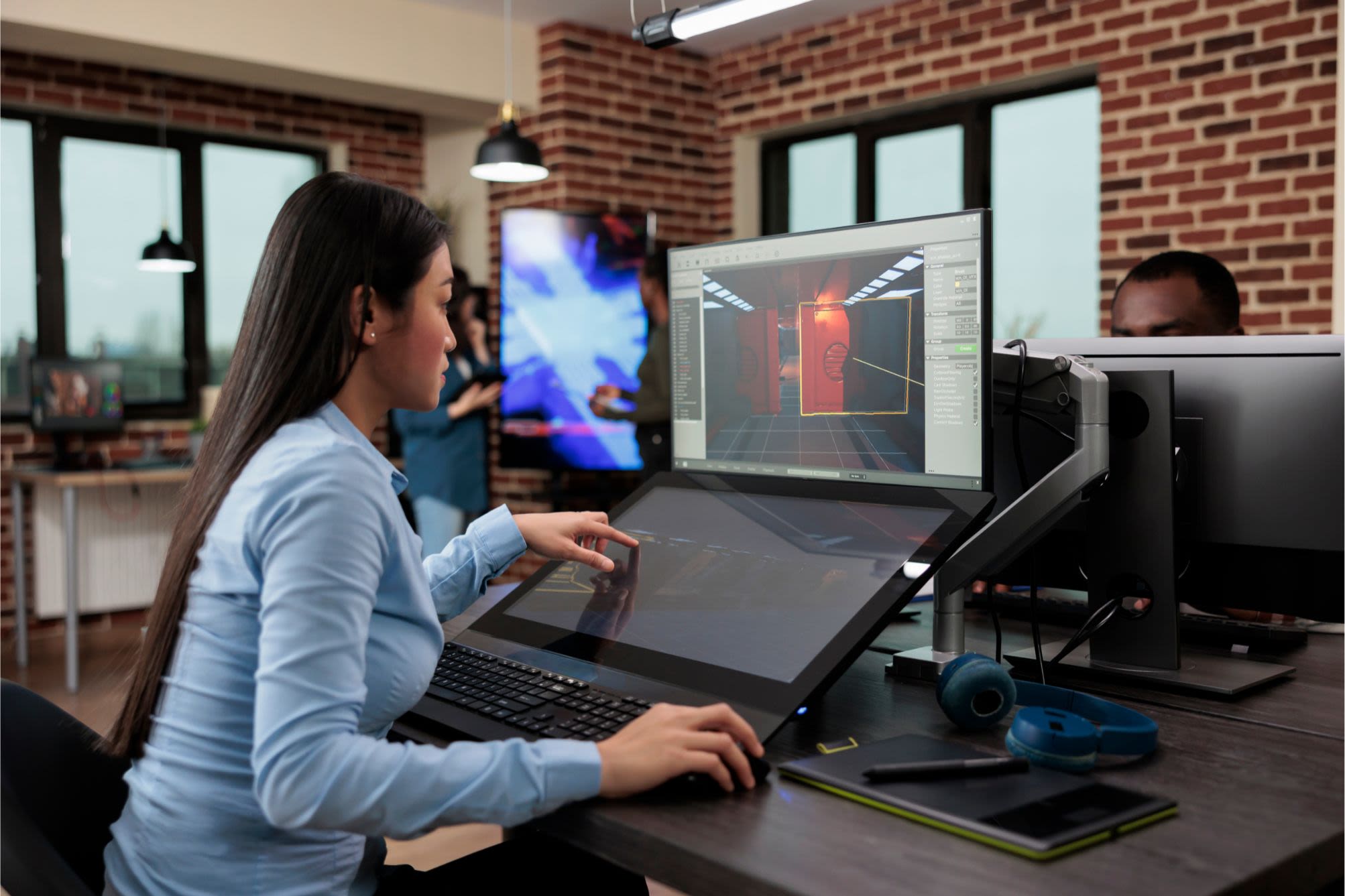How AI is Rewriting the Rules of Game Creation

The game dev world is changing...
Once upon a time, making a video game meant months of coding, long nights of debugging, and a lot of coffee-fueled problem solving. But fast forward to 2025, and things are starting to look very different. Artificial Intelligence is changing the game, quite literally.
Example? UniGen! A new AI framework that lets creators build 3D games simply by describing what they want. Instead of typing thousands of lines of code, developers can now give the AI natural language prompts like, “Create a medieval village with dynamic weather and a quest system,” and UniGen gets to work. It writes the code, builds the world, and even tests for bugs.
A Game Changer
The results are jaw-dropping! Early reports show that UniGen can cut down game development time by up to 91% (ResearchGate). It’s not just spitting out scripts either; it can handle physics, manage assets, and ensure everything runs smoothly across different engines.
This solves one of the biggest barriers to gaming development, and no it wasn't the creative aspect, but it was the complexity factor. This industry has no short of great ideas, but the lack of coding experience meant these ideas are mostly left in the dust. However, with tools like UniGen, that gap is closing fast. Game development is becoming more accessible, more creative, and a lot more fun.
Restructured Priorities
Don't get me wrong, it doesn’t mean coding is going away. In fact, it’s becoming more important. Because while the AI handles the heavy lifting, developers are stepping into roles that focus on design and fine-tuning. They’re using their knowledge of code to guide the AI, making sure the results are balanced, efficient, but most importantly it works well to play.
For students studying game development, computer science, or software engineering, this is a glimpse of the future you’ll be working in. The next generation of developers will not only design the games we play, but also the AI tools that help make them. You’ll need to think like an artist, code like an engineer, and adapt like a storyteller.
It’s a future full of opportunity. You no longer need a huge studio or years of experience to create something remarkable. All you need is vision, curiosity, and the right foundation to build your skills.
The time to be empowered is now! The games of tomorrow will still come from your imagination — now just faster, smarter, and with a little help from our friendly (for now; kidding) intelligent machines.



